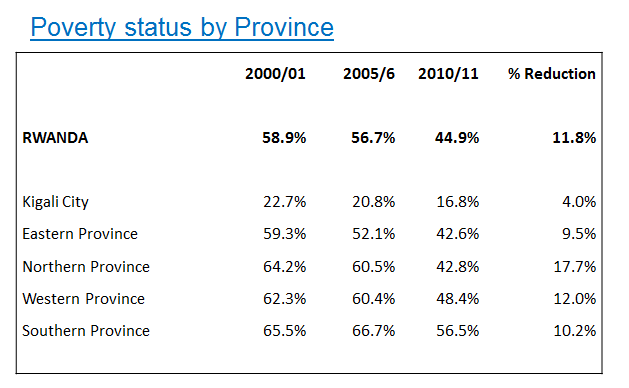This is a guest-post by Richard Williams, summarising his new OPM Development Futures paper, co-authored with James Copestake of the University of Bath
Over the last 15 years, development actors have increasingly recognised the political and messy nature of reform. Prescribing best practice solutions has often failed given the differing perspectives, capacity and motivations of stakeholders on each side of the aid relationship. Political economy analysis (PEA) has emerged in response to help practitioners close this gap and understand the reform environment in which they are acting. This has led to more realism in the aid industry with more open discussions of power, political culture, ethnic divisions, corruption, sources of opposition and indifference, and so on.
However, PEA as it stands risks becoming another routine element in aid programming, rather than a transforming, innovative influence on how development practice works. For example, the common tool guiding aid programmes - the logical framework - is no doubt enhanced by the use of PEA, for example by ensuring resources are more aligned to local structures, but the fundamental premise of
how we act stays the same: goals are set, a logical sequence of actions predicted and all things messy or unknown are relegated to a heading under ‘risks’.
This Development Futures paper charts a new course for PEA to have a more radical impact on development practice. It argues that if we are serious about embracing the political and complex nature of development then we need different ways of acting to confront such complexity. This includes
acknowledging our own limited knowledge (an action rarely applauded), the need to collaborate with others to build new knowledge and increased flexibility to react to such analysis as well as other unexpected events. PEA therefore should strive to be more than a technocratic means to understand the commitment and capacity of others but an opportunity for internal learning and adjustment.
To this end, the paper sets out
a framework for combining PEAs focus on the macro-politics of recipient country interests with the micro-politics of stakeholder relations, including more self-reflection on the part of donors and consultants. This paves the way for thinking of development practice as iterative cycles of experimentation, discovery, learning and interaction. Whilst this perhaps sounds ambitious, particularly given the current emphasis on visible results and value for money, we argue that these iterative cycles of engagement are already happening. By making them more explicit we can become more effective.
(these views don't necessarily represent the views of OPM or the University of Bath, etc etc.....)




